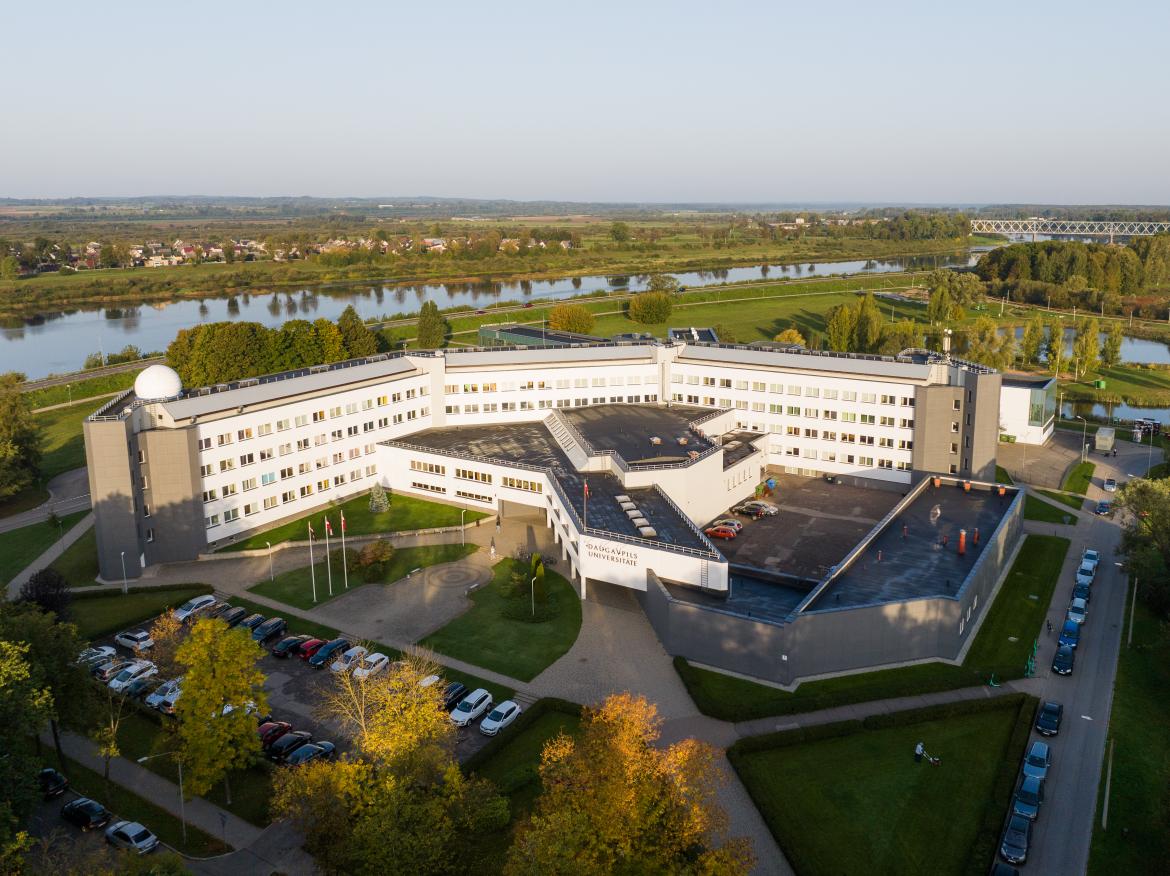
Opportunities Provided by the GUIDE Consortium for the Integration of Latvian Science into Europe
August 27, 2025
GUIDE (Growing Up in Digital Europe: EuroCohort) (https://www.guidecohort.eu/) will be the first comparative European cohort study focusing on the wellbeing of children and young people from birth to the age of 24. The national node established at Daugavpils University as
part of the GUIDE consortium serves as a gateway for integrating Latvian science into the European academic space.
Between 2025 and 2029, the national node at Daugavpils University will operate to give Latvian research institutions access to the GUIDE consortium's Europe-wide research infrastructure. At the same time, it will open Latvia's own infrastructure to European researchers, fostering the advancement of research excellence, international knowledge exchange, and collaboration.
GUIDE will be the primary source for policymakers at the European, national, and regional levels to set priorities for policymaking and service interventions in areas such as early childhood education and care, youth care, education, digitalisation, family support, migration and integration, intercultural relations, sports and recreation, health, and more. A high-quality database will empower policymakers and practitioners to track and compare the long-term dynamics of children's and young people's wellbeing, enabling more targeted and effective impact. Survey data will be widely used by both experienced and early-career scholars. The GUIDE consortium anticipates producing several thousand international peer-reviewed publications, engaging 17 000 academic users throughout the EU, and supporting around 6 300 users who will utilise the datasets for policymaking purposes. In the long run, the research infrastructure will make it possible to implement innovative policies that improve the well-being of children and young people. Economic savings are anticipated from two main sources: 1) reduced research costs due to the availability of unified e-infrastructure; 2) lower social spending as risk factors will decline and the well-being of children and young people will improve. The expected longitudinal data will clearly show how policy interventions work over time.
Latvia's research infrastructure aims to carry out a unique longitudinal study on the well-being of children and young people in Latvia, while also promoting international collaboration of Latvian researchers. This will help strengthen their scientific qualifications, boost Latvia's overall research capacity, and support the development of interdisciplinary areas of expertise. GUIDE in Latvia will add unique and valuable insights to the international data pool, filling important gaps in knowledge on topics that have so far only been explored in a fragmented way.
The services provided by the national node, along with their ongoing development, will be centred on facilitating seamless access to the GUIDE e-infrastructure. The range of services will encompass information seminars, free access to the GUIDE e-infrastructure, training workshops, open-access publications showcasing GUIDE's research results, dedicated support for early-career researchers, and outreach efforts to engage the broader public.
This initiative is implemented within the framework of ERDF project No 1.1.1.5/3/24/I/003 "Support for the Participation of Daugavpils University in the Horizon Europe programme".